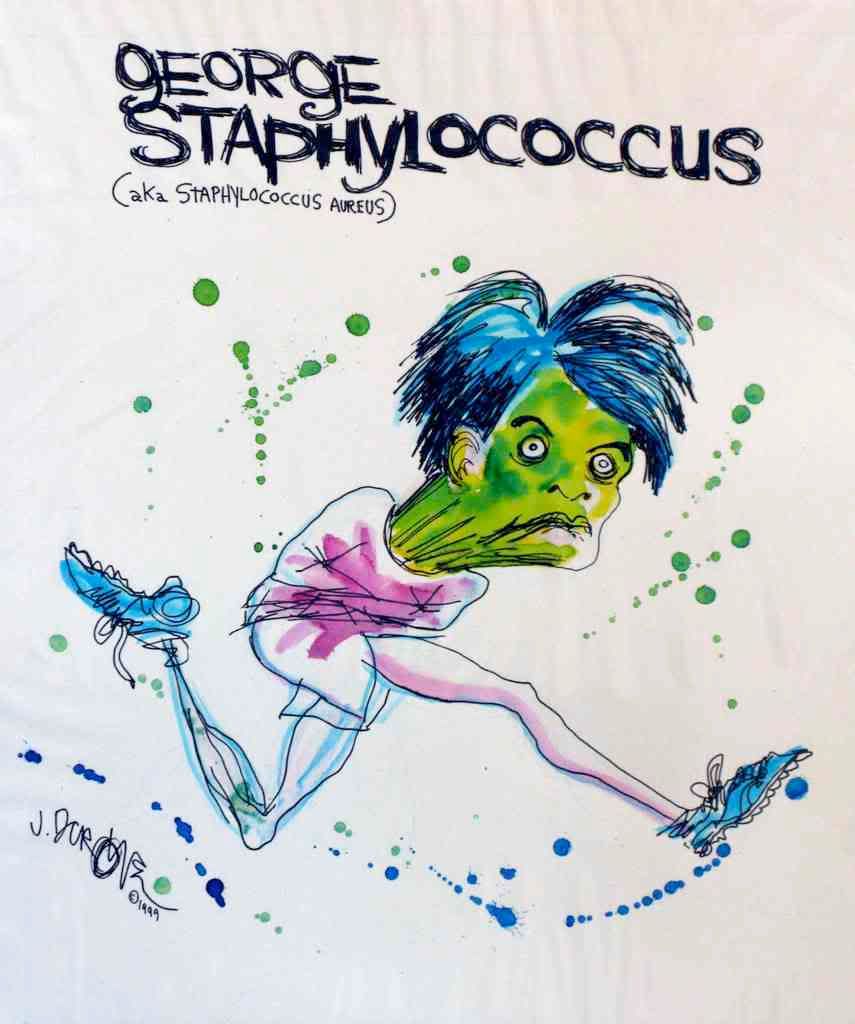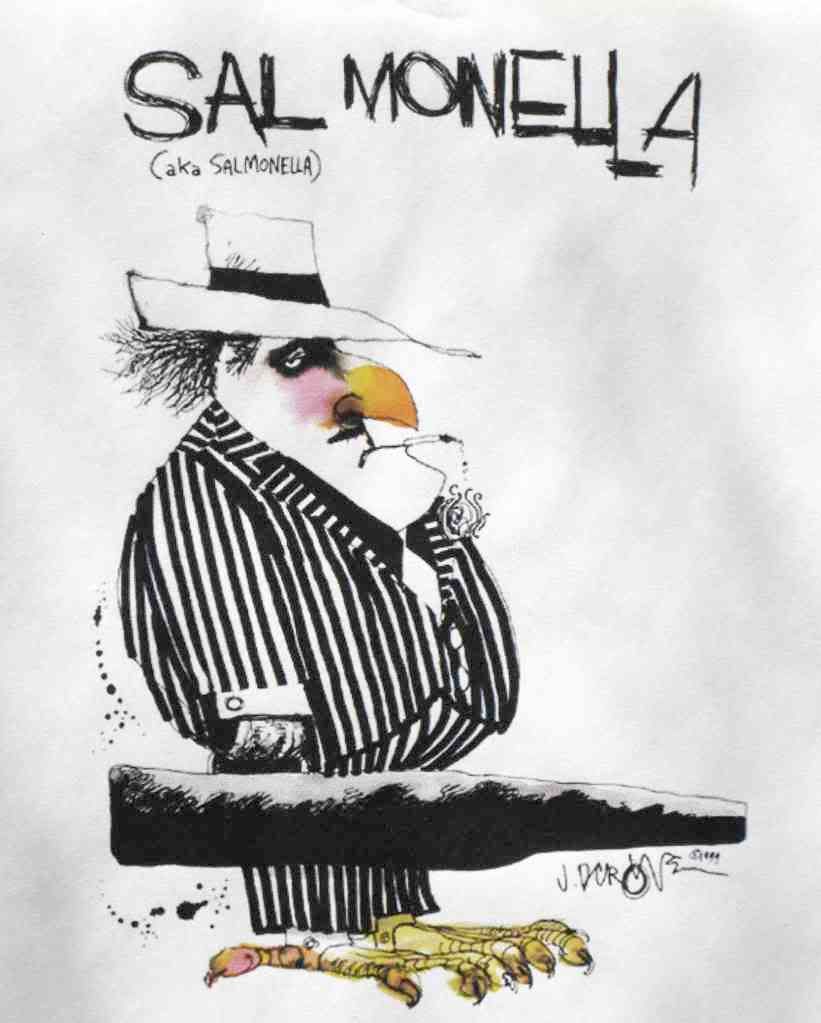If you would like to receive automatic email alerts for all new articles posted on eFoodAlert, please click here or submit your request using the sidebar link. Please include "subscribe eFoodAlert" in the subject line.
United States
- Mokena, IL. July 29: At least four people were hospitalized and 53 others reported illnesses after attending wedding parties this month at Di Nolfo's Banquet Inn and Catering on July 16 and 17. Health officials believe that Norovirus is behind the outbreak. No significant food safety violations have been noted, and non of the Di Nolfo employees have reported illnesses.
- Nemaha County, KS. July 29: Due to a toxic blue-green algae bloom in the lake, the Kansas Department of Health and Environment is advising the public to avoid contact with water in the Centralia City Lake, located two miles southwest of Centralia, in Nemaha County.
- Jewell County, KS. July 29: While the conditions at Lovewell Reservoir in Jewell County continue to improve, the Kansas Department of Health and Environment is continuing to advise the public to avoid contact with water in Lovewell Reservoir in Jewell County, due to the presence of a toxic blue-green algae bloom.
- Meade County, KS. July 30: The Kansas Department of Health and Environment is advising the public to avoid contact with water in Meade State Lake, located twelve miles southwest of Meade, in Meade County, due to the presence of a toxic blue-green algae bloom.
- St. Paul, MN. July 30: Officials reopened the beach at Diamond Point Park in Bemidji on Friday afternoon, after testing found that water quality was within normal levels.The beach was closed Thursday after three people became ill July 12 and 13 from E. coli. Health officials determined that the common link was that all three had visited the beach sometime from July 8-11.
- Silver Spring, MD. July 30: FDA is warning consumers not to take Miracle Mineral Solution, an oral liquid also known as “Miracle Mineral Supplement” or “MMS.” The product, when used as directed, produces an industrial bleach that can cause serious harm to health. The FDA has received several reports of health injuries from consumers using this product, including severe nausea, vomiting, and life-threatening low blood pressure from dehydration. MMS is distributed on Internet sites and online auctions by multiple independent distributors. Although the products share the MMS name, the look of the labeling may vary.
- Gallatin County, MT. July 30: County and state health officials on Friday said several people have become ill after consuming water from a privately owned public water supply near Hebgen Lake. The Montana Department of Public Health and Human Services has confirmed 14 cases of Campylobacter gastrointestinal illness.
- Baton Rouge, LA. July 30: The Louisiana Department of Health and Hospitals announced the reopening of oyster harvesting areas 1, 4 and 6 after working with a specialist with the federal Food and Drug Administration and determining there was no oil intrusion.
- Olympia, WA. July 30: Several cases of illness from eating raw oysters and lab detection of the foodborne pathogen Vibrio parahaemolyticus has led state health officials to close two Hood Canal growing areas. While no illnesses have been linked to oysters from this area this summer, at least four cases of vibriosis have been confirmed in people who ate raw oysters harvested in the neighboring Hood Canal Five, which runs from Clark Creek (about a mile north of Hoodsport) north to Cummings Point.
- Oregon. July 30: The Oregon Department of Agriculture and the Oregon Department of Fish and Wildlife have reopened a portion of the coast to recreational razor clam harvesting, from Tillamook Head south to Cascade Head. Shellfish samples taken from the area indicate levels of the marine toxin domoic acid have dropped below the alert level. Recreational razor clamming remains closed on the Oregon coast from Tillamook Head north to the mouth of the Columbia River and from Cascade Head south to Bandon.
- Coos County, OR. July 30: A health advisory for contact with marine water at Sunset Bay State Park Beach in Coos County was lifted today after testing showed that fecal bacterial levels have subsided at the beach after testing showed that fecal bacteria levels have subsided.
Europe
- Dublin, Ireland. July 29: The Food Safety Authority of Ireland (FSAI) reissued its advice on the safe consumption of duck eggs, following the confirmation of five new cases of Salmonella Typhimurium DT8. The FSAI states that these five cases are in addition to the thirteen cases associated with duck egg consumption during an outbreak earlier in the year. The bacteria found in these five cases are similar to those that caused that outbreak and the source of these cases is under investigation.
- Stockholm, Sweden. July 29: The National Food Administration and the National Chemicals Inspectorate will jointly investigate and evaluate the feasibility and advisability of introducing a national ban on bisphenol A in some plastics. The outcome of the investigation will be reported to the Environment Ministry by 31 March 2011.
- London, UK. July 30: The Food Standards Agency advises that people should consider avoiding drinking bottled water described or labelled as Zam Zam water. This is because tests have shown ‘Zam Zam’ water sold in the UK, or brought into the UK for personal consumption, contains high levels of arsenic or nitrates. Zam Zam water is sacred to Muslims and comes from a specific source in Saudi Arabia. Under Saudi law, Zam Zam water cannot be exported from Saudi Arabia for sale. Any water on sale in the UK that is labelled as Zam Zam is therefore of uncertain origin.
- Lisbon, Portugal. July 30: Portugal's Directorate General of Health is investigating several cases of listeriosis in the region of Lisbon and Tagus Valley.
- London, UK. July 30: The Food Standards Agency has updated its list of product ranges that do not contain the six food colours associated with possible hyperactivity in young children. Another two manufacturers producing product lines free of the colours have been added to the list: Minara Foods Ltd and PoleStar Foods Ltd. In addition, the Subway chain of sandwich shops and restaurants has been added to the list, along with Legoland Windsor's pick 'n' mix sweets.
Asia, Africa and the Pacific Islands
- Yaounde, Cameroon. July 28: The cholera outbreak in the northern part of Cameroon has claimed 86 lives and sickened 1221 people since early May.
- Hong Kong. July 29: A spokesman for the Department of Health has advised members of the public in possession of Radix Strobilanthis Forrestii, which was involved in an atropine poisoning case reported by the Hospital Authority on July 22, to find out from their Chinese medical practitioner or Chinese herbal medicine retailer whether the herb originated from wholesaler Wong Chak Kee Limited and if so, immediately stop using it.
- Hong Kong. July 30: The Centre for Food Safety (CFS) released the findings of its food safety report for June. Of the 6,100 food samples tested, 13 samples were found to be unsatisfactory and the overall satisfactory rate was 99.8%. A CFS spokesman said that about 4,100 food samples were taken for chemical tests and the remaining 1,900 for microbiological and other tests. Among the 13 unsatisfactory samples, four samples of soft ice-cream and scoop ice-cream were announced earlier.
- Hong Kong. July 30: The findings of a study conducted by the Centre for Food Safety revealed that the levels of nitrate and nitrite in vegetables consumed locally were unlikely to pose any immediate health risk to the general population. Moreover, blanching was found to be more effective than soaking in reducing nitrate in vegetables.
- Beijing, China. July 30: The Ministry of Health said at a news conference that efforts will be made to strengthen the tracking assessment system, and, in line with the opinions from all sectors and international standards, constantly revise and improve the 66 national safety standards on dairy products published by the ministry on March 26 this year.
- Hong Kong. July 30: The Centre for Health Protection of the Department of Health is investigating a gastroenteritis outbreak in an elderly home and reminded people and management of institutions to strictly observe environmental and personal hygiene to prevent norovirus gastroenteritis. The gastroenteritis outbreak is affecting 17 residents and three staff members (6 men and 14 women) in an elderly home in Mong Kok. Stool samples from three residents tested positive for norovirus.
- Orissa, India. July 30: At least 25 people, including six women, and a child have fallen ill with suspected anthrax contracted from dead animals in Orissa's Sundergarh district, health official said Friday.







